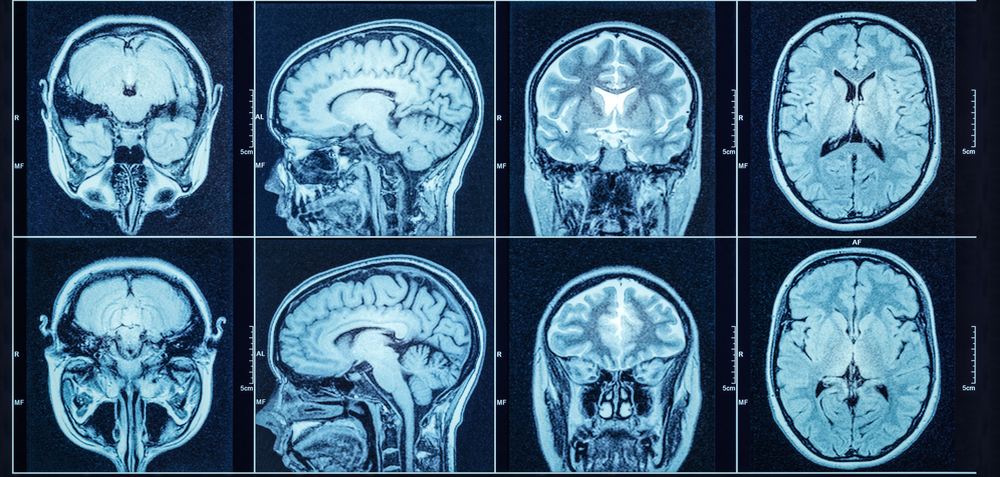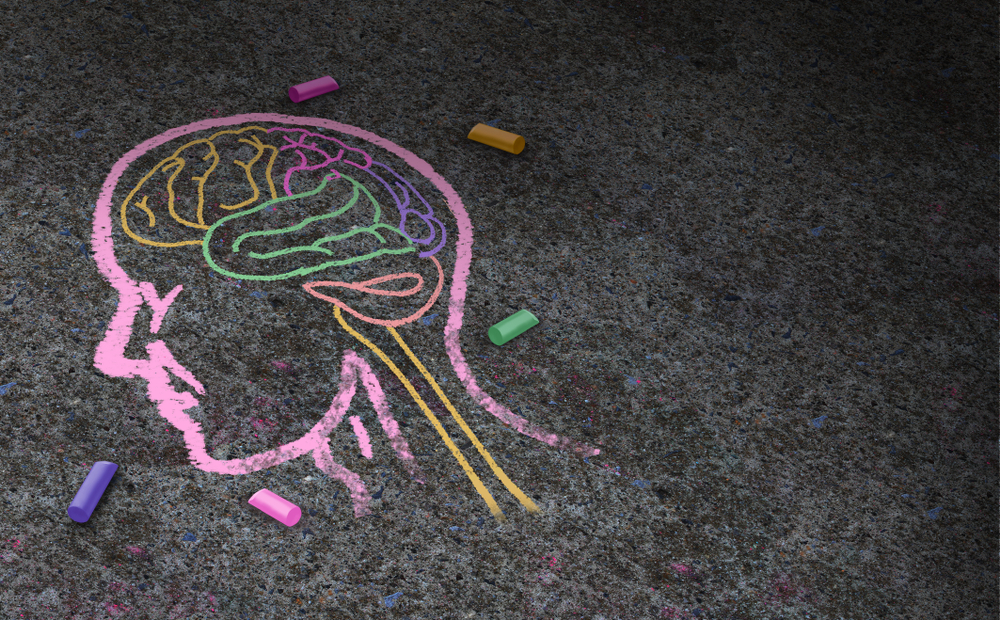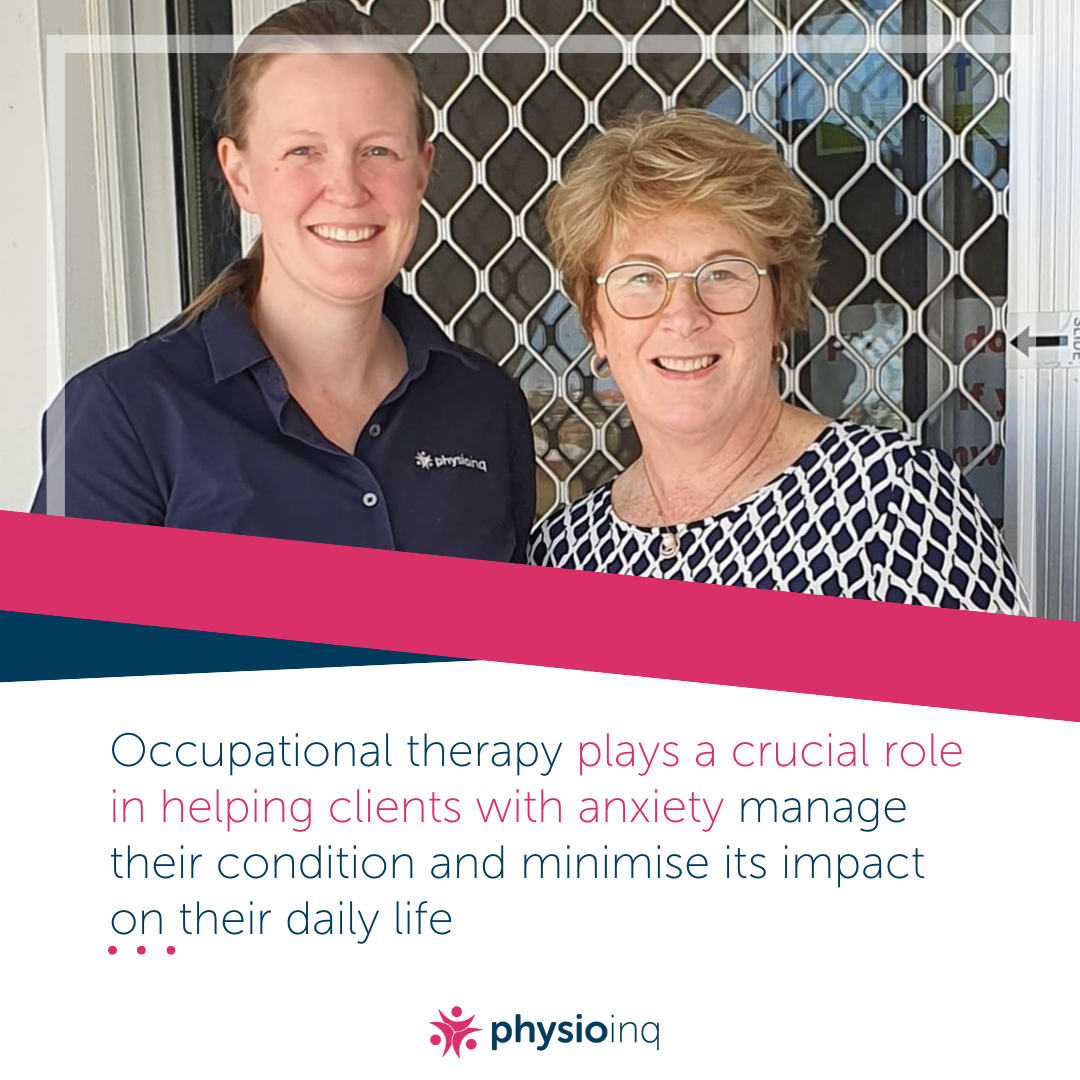Make an Appointment
Mental health disorders can affect anyone, often leading to challenges such as persistent anxiety, depression, mood fluctuations, or trauma-related symptoms. Thankfully, there is a range of therapeutic approaches available to help individuals manage these challenges, restore balance, and improve overall well-being. In this blog, we delve into various research-backed therapies that have proven effective for a wide range of mental health disorders. Whether you’re supporting a friend or family member or seeking help for yourself, understanding these options can empower you to make informed decisions and foster meaningful, lasting change.

Understanding Mental Health Disorders
What Are Mental Health Disorders?
Mental health disorders encompass a wide spectrum of conditions that affect mood, thinking, and behavior. These disorders include, but are not limited to, depression, anxiety, post-traumatic stress disorder (PTSD), bipolar disorder, and obsessive-compulsive disorder (OCD). While the symptoms and severity can vary greatly from one person to another, common challenges often include emotional instability, difficulty managing stress, and impaired social interactions.
Key Challenges
Emotional Dysregulation:
Individuals may experience intense, fluctuating emotions that can disrupt daily life.
Cognitive Impairment:
Challenges with concentration, memory, and decision-making can hinder personal and professional functioning.
Social Isolation:
Communication difficulties and a lack of supportive networks can lead to feelings of loneliness.
Physical Manifestations:
Chronic stress and mental health issues can also affect physical health, leading to fatigue, sleep disturbances, and other somatic symptoms.
Understanding these challenges is essential for appreciating the role that therapy can play in addressing mental health disorders and supporting a healthier, more balanced life.

The Role of Therapy in Mental Health
Therapy serves as a cornerstone in managing mental health disorders. It is not a one-size-fits-all solution; rather, various therapeutic approaches are designed to address different aspects of mental health challenges. Effective therapy can help individuals develop healthier coping mechanisms, improve emotional regulation, and rebuild connections with others.
Benefits of Therapy
Emotional Relief:
Therapy provides a safe space to express feelings, process trauma, and receive validation.
Skill Building:
Many therapeutic approaches equip individuals with practical tools to manage stress, improve communication, and navigate daily challenges.
Improved Relationships:
With better emotional regulation and communication skills, individuals can form stronger, more supportive relationships.
Empowerment:
By fostering self-awareness and personal growth, therapy empowers individuals to take control of their mental health and pursue a more fulfilling life.
Therapy is not only beneficial for individuals experiencing mental health challenges; it also serves as a critical resource for caregivers, helping them understand and support their loved ones more effectively.

Core Therapy Options for Mental Health Disorders
A range of therapeutic approaches is available, each offering unique benefits and techniques to address mental health issues. Below, we explore several core therapy types that have been extensively researched and are widely recommended.
1. Cognitive Behavioural Therapy (CBT)
What is Available:
Cognitive Behavioural Therapy (CBT) is a structured, time-limited therapy that focuses on identifying and challenging negative thought patterns. It teaches practical skills to manage symptoms of depression, anxiety, and other mood disorders by changing unhelpful patterns of thinking and behavior.
Benefits:
- Helps individuals identify distorted thinking
- Teaches effective coping strategies for stress and anxiety
- Improves problem-solving and emotional regulation
Learn more about CBT from Beyond Blue.
2. Dialectical Behaviour Therapy (DBT)
What is Available:
Dialectical Behaviour Therapy (DBT) is a form of CBT that focuses on balancing acceptance and change. It is particularly effective for individuals with borderline personality disorder, self-harming behaviours, and chronic emotional dysregulation.
Benefits:
- Emphasises mindfulness and emotional regulation
- Teaches distress tolerance and interpersonal effectiveness skills
- Supports the development of a balanced, non-judgemental approach to emotions
For more details on DBT, visit the Black Dog Institute.
3. Psychodynamic Therapy
What is Available:
Psychodynamic Therapy delves into the unconscious processes that influence behavior. It helps individuals understand the root causes of their emotional difficulties by exploring past experiences and interpersonal relationships.
Benefits:
- Offers insights into deep-seated emotional patterns
- Encourages self-reflection and understanding of internal conflicts
- Can lead to long-term personal growth and emotional healing
Read more about Psychodynamic Therapy on the Australian Psychological Society.
4. Interpersonal Therapy (IPT)
What is Available:
Interpersonal Therapy (IPT) is a focused, time-limited approach that aims to improve interpersonal relationships and social functioning. It is especially useful for individuals experiencing depression or interpersonal conflicts.
Benefits:
- Enhances communication skills
- Improves relationships and social support networks
- Addresses role transitions and grief, fostering better emotional health
For additional insights on IPT, explore resources at Headspace.
5. Acceptance and Commitment Therapy (ACT)
What is Available:
Acceptance and Commitment Therapy (ACT) helps individuals accept their thoughts and feelings without judgment while committing to actions that align with their values. This therapy focuses on mindfulness, acceptance, and behavioural change.
Benefits:
- Encourages psychological flexibility
- Helps individuals live in accordance with their values
- Reduces the struggle against unwanted thoughts and feelings, promoting emotional resilience
6. Mindfulness-Based Cognitive Therapy (MBCT)
What is Available:
Mindfulness-Based Cognitive Therapy (MBCT) combines elements of CBT with mindfulness practices. It is designed to help prevent relapse in individuals with recurrent depression by teaching mindfulness meditation and cognitive strategies.
Benefits:
- Promotes present-moment awareness
- Reduces rumination and negative thought cycles
- Enhances emotional regulation and overall mental well-being
7. Group and Family Therapy
What is Available:
Group and family therapy involve multiple participants, providing a supportive setting where individuals can share experiences and learn from one another. This type of therapy is particularly beneficial in addressing relational dynamics and building a community of support.
Benefits:
- Fosters a sense of belonging and mutual understanding
- Provides a platform for sharing coping strategies
- Enhances interpersonal communication and support networks
For more on group and family therapy, explore resources at Mental Health Australia.

Who Can Assist?
Improving mental health through therapy is most effective when you work with a dedicated team of professionals. Here’s who can help:
Psychologists and Counsellors:
These professionals specialise in various therapeutic approaches, such as CBT, DBT, and Psychodynamic Therapy. They provide individual sessions that help uncover underlying issues, build coping strategies, and foster emotional healing.
Psychiatrists:
Often involved in diagnosing mental health disorders, psychiatrists can offer medication management and coordinate comprehensive treatment plans.
Social Workers:
Social workers help address social and environmental factors affecting mental health. They provide practical support, resource coordination, and advocacy for individuals and families.
Occupational Therapists:
While typically associated with physical rehabilitation, occupational therapists also assist with adapting daily routines and building practical life skills that support overall mental health.
Group Therapy Facilitators:
These professionals guide group sessions, providing a structured environment for sharing experiences, learning new skills, and building a community of support.
By engaging with these allied health professionals, you can create a personalised treatment plan that addresses your unique needs and supports your journey toward improved mental health.
Learn more about our integrated allied health services by visiting the Physio Inq website

Frequently Asked Questions
What types of therapy are available for mental health disorders?
There are several therapy types available, including Cognitive Behavioural Therapy (CBT), Dialectical Behaviour Therapy (DBT), Psychodynamic Therapy, Interpersonal Therapy (IPT), Acceptance and Commitment Therapy (ACT), Mindfulness-Based Cognitive Therapy (MBCT), as well as group and family therapy. Each therapy offers unique benefits tailored to different aspects of mental health.
Who can benefit from these therapies?
Therapies can benefit anyone experiencing mental health challenges, such as depression, anxiety, PTSD, bipolar disorder, and other mood or stress-related conditions. They are effective for individuals across different age groups and can also provide valuable support for caregivers.
How do I choose the right therapy for my needs?
Selecting the right therapy often depends on your specific symptoms, personal preferences, and the advice of your healthcare provider. Many individuals start with therapies like CBT, which has a robust evidence base, and may explore other modalities such as DBT or ACT based on their progress and needs.
How long does therapy typically take?
The duration of therapy varies widely depending on the condition and individual progress. Some therapies are structured as short-term interventions (8–12 weeks), while others may be ongoing.
Are these therapies supported by research?
Yes, extensive research supports the effectiveness of these therapeutic approaches. Reputable organisations like Beyond Blue, Black Dog Institute, and the Australian Psychological Society offer detailed insights and research findings on these therapies.

Conclusion
Therapy for mental health disorders provides a lifeline to individuals seeking to regain control of their emotions, improve their daily functioning, and reconnect with loved ones. By exploring various therapeutic approaches—from Cognitive Behavioural Therapy and Dialectical Behaviour Therapy to Psychodynamic and Acceptance and Commitment Therapies—you can find the support that best meets your unique needs. Whether you are seeking help for yourself or for a loved one, engaging with the right therapy can transform challenges into opportunities for growth, healing, and renewed connection.
Every therapeutic journey is unique. With personalised, multidisciplinary care and the guidance of experienced professionals, you can forge a path towards improved mental health and a brighter, more fulfilling future.
Take the Next Step:
If you’re ready to explore tailored therapy options to enhance your mental well-being or that of a loved one, contact us today to book an appointment or make a referral. To learn more about our comprehensive services, please explore:

Date Published: Thursday, March 20, 2025
Locate a Occupational Therapy
Service Near me
Get the experience & convinence you deserve to support your or a loved one's allied health needs.
Our Occupational Therapy team are currently serving & taking appointments in the following states and regions in Australia:
New South Wales
- Blacktown
- Blue Mountains
- Campbelltown And Macarthur
- Canterbury-Bankstown
- Central Coast
- Central West
- Eastern Suburbs Sydney
- Far West
- Georges River
- Hawkesbury
- Inner East Sydney
- Inner West Sydney
- Lower North Shore
- Murray
- Newcastle
- New England
- North Coast
- Northern Beaches
- North Sydney
- Orana
- Parramatta
- Penrith
- Riverina
- South Coast
- Southern Highlands
- South West Sydney
- Sutherland Shire
- Sydney CBD
- The Hills Shire
- The Hunter
- Upper North Shore
- Waverley
- Wollongong
Australian Capital Territory
Northern Territory
Western Australia
Victoria
South Australia
Need to get into direct contact with ur Client Services team? We're all ears. Call our team directly on 1300 731 733
Explore Articles
By Popular Topics
Explore Articles
By Allied Health Services
Explore Articles
By Body Parts

Explore Articles by Allied Health Services





